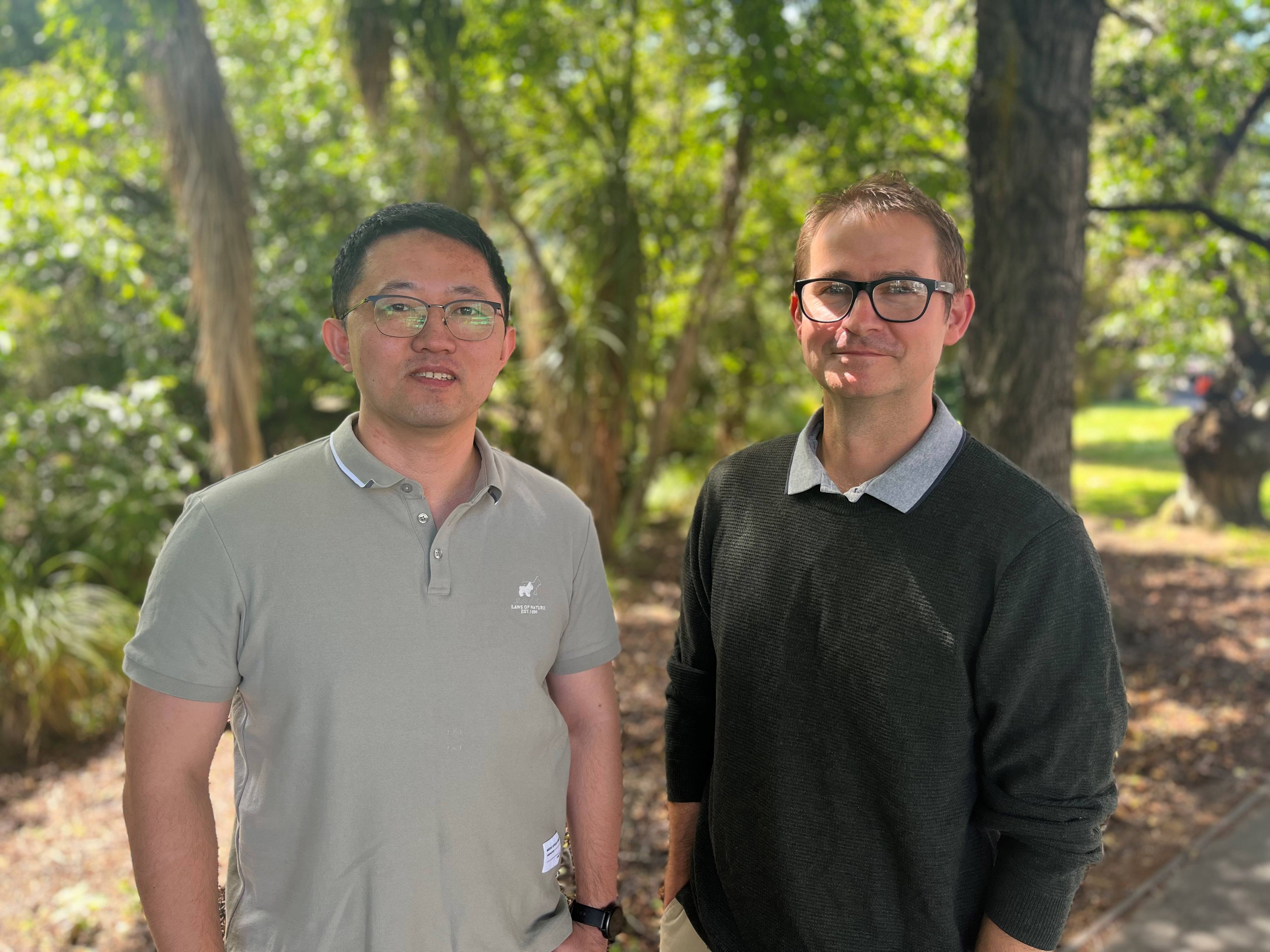Through assessing the communications of Minister Mahuta and other officials, it was found that through the instrumental use of a kaupapa Māori framework, New Zealand has been able to develop a mature relationship with China when other countries have been pushing back.
“There is increasing competition between the United States and China, with an emerging fear that we will be forced to choose a side,” says Dr Smith.
“Our predicament is that while we have strong hard security links with the United States, China is easily our most important trading partner. Unlike Australia, which has taken a conventional balancing approach by deepening ties with the US at the expense of its relationship with China, by moving towards a more relational view based on te ao Māori principles, we have arguably been able to be choose a more ambitious and independent option of attempting to maintain good relationships with all.
“The challenge with this is it does make us an outlier, particularly in the Five Eyes security alliance, and there is the risk that this approach may isolate and put us in a vulnerable position.”
Dr Smith says that while the upcoming general election may result in a change of Minister, he is confident that aspects of the Māori foreign policy will continue.
“Nanaia Mahuta has undoubtedly been a key driver of this, so a change in personnel could see us revert to a more conventional foreign policy approach. However, there is also an evolutionary aspect that reflects New Zealand's growing embrace of te ao Māori perspectives, together with the continued role of te Tiriti o Waitangi in public policy-making, which I believe is here to stay.”











